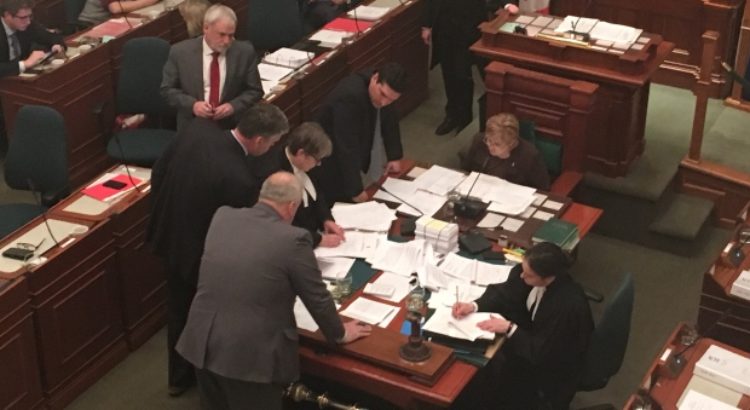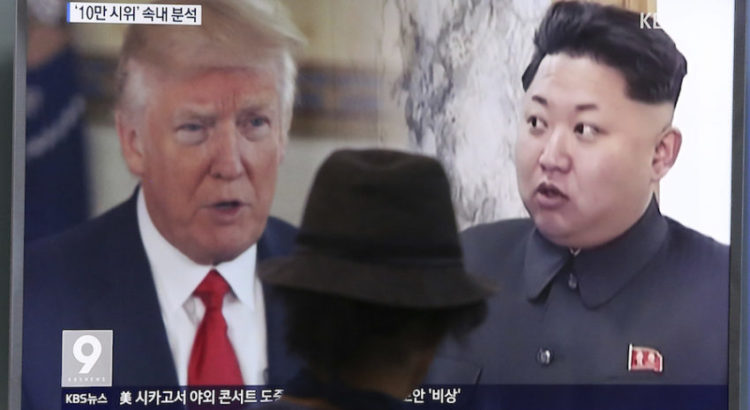Por: cbc.ca/14-03-2018
The McNeil government’s Education Reform Act is a step closer to becoming law — a step that followed several amendments resulting from all-party co-operation.
Bill 72 moves to third and final reading with amendments that include language guaranteeing students the option of an inclusive education at their neighbourhood school with kids their own age, as well as adding a seat to the provincial advisory committee on education for a first-voice representative of people with disabilities.
NDP education critic Claudia Chender, who proposed the latter amendment, said she feels the changes address the key concerns disability advocates expressed during law amendments on Monday.
«I do think after some fits and starts, the government seems to have gotten it right,» she said Tuesday night at Province House.

NDP education critic Claudia Chender says amendments to the Education Reform Act successfully address concerns disability advocates raised about the bill. (CBC)
The amendment about language came from the Liberals, and added the word «shall» to the bill in reference to the requirement to provide inclusive education.
Chender repeatedly proposed amendments throughout Tuesday’s committee of the whole, including multiple calls to change the term «manager» as it relates to principals and vice-principals to «administrator.»
Education Minister Zach Churchill said the government didn’t support the change because it wasn’t reflective enough of the duties principals, in particular, play within schools.
«Management is a key component of our administrators and I think it’s important to have that reflected in the legislation,» he said.
While principals and vice-principals might be «teachers first,» Churchill said «there needs to be clarity on those roles and responsibilities.»

Education Minister Zach Churchill says the amendments Tuesday show the government’s willingness to listen to concerns raised about Bill 72. (CBC)
Likewise, an amendment to ensure that meetings of the new advisory committee on education are open to the public and its minutes are publicly available was defeated by the Grits.
Chender said she’s concerned about the shift happening with the loss of public school board meetings, and drew a comparison to the closed meetings of the Nova Scotia Health Authority’s board.
Churchill disagreed with the suggestion that blocking the amendment means the system will be less transparent. He said the new approach would enhance local voices.
«I think that we’re going to further involve our school communities at the local level and ensure that they have the capacity regionally to provide open advice to our regional offices as well as connecting that network provincially.»
Another of Chender’s amendments was also accepted, which changed the word «demoted» to «reassigned» as it relates to an administrator returning to the classroom.
‘People’s voices can be heard’
Co-operation hasn’t exactly been a hallmark of the Liberals since they came to power in 2013, so it was an unusual scene Tuesday as Premier Stephen McNeil, government House Leader Geoff MacLellan and NDP House Leader Dave Wilson huddled around the clerk’s table in the middle of the legislative chamber discussing Chender’s amendments before versions of them were ultimately passed with unanimous support of all three parties.
Churchill said all of the amendments the House passed Tuesday show the government’s responsiveness to «questions and concerns that have been raised.»
«I think that’s demonstrating that this legislative process works and that people’s voices can be heard as we build laws that impact people in this province.»
The bill moves to third reading where it will be debated for a final time, likely on Thursday.









 Users Today : 31
Users Today : 31 Total Users : 35459937
Total Users : 35459937 Views Today : 37
Views Today : 37 Total views : 3418502
Total views : 3418502